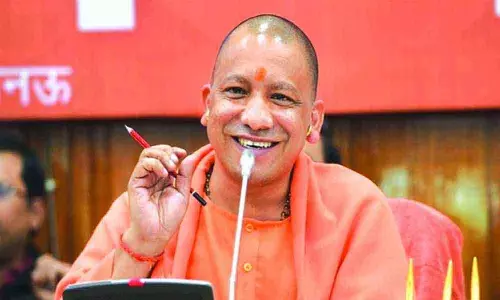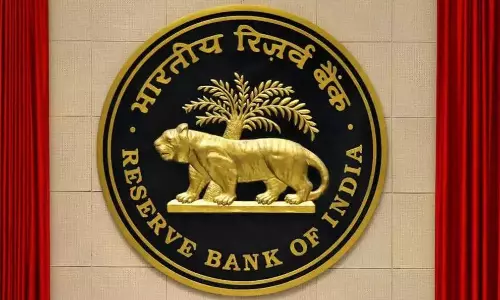
A verdict that reinforces federalism
text_fieldsThe verdict by five-member Constitutional bench of the Supreme Court on Wednesday regarding the governance powers and rights of Delhi Lieutenant Governor, reinforces federal values and gives a blow to the central government that has been attempting to undermine them.
With this, the tussle for power in Delhi which has been continuing since the Aam Aadmi Party (AAP) led by Arvind Kejriwal came to power in 2015 can be expected to end soon. That the top court has accepted all the demands in the petition filed by Kejriwal except giving a full statehood status to Delhi, is surely a big victory for him. ‘A big victory for people of Delhi, a big victory for democracy’ was Kejriwal’s first reaction on hearing the verdict. With the exception of matters pertaining to land, police and law and order, the Delhi government will now have the power to frame laws on subjects falling both under the state and concurrent lists and to implement them. The Centre will not be able to intervene in this jurisdiction with or without the help of the Governor.
The Supreme Court in its verdict clearly stated that the Lieutenant Governor must understand that the decision-making powers lie with the elected government and not the Governor. At the same time, the apex court is of the stance that Delhi is not like all other states and that the court would not intervene in its existing status of a National Capital Territory (NCT). The top court also ruled that the powers of the Lieutenant Governor guaranteed in the Article 239 AA (4) of the Constitution, should not be used in a way as to deny the decision-making powers of the elected government. The Delhi High Court verdict in August 2016 that Lieutenant Governor was the administrative head of Delhi and that he enjoyed discretionary powers, has now been rendered void.
The Centre has been trying to obstruct the smooth functioning of the Aam Aadmi government using the Lieutenant Governor, ever since the party came to power. BJP’s political enmity towards the AAP is not the only reason for this stance. It is also part of Sangh Parivar’s political agenda of a centralized totalitarianism by seizing the powers of the states as much as possible. In the case of Delhi, the fact that it does not have a full statehood status only made it convenient for them to implement this scheme. That was how the situation arose where even small moves by the Delhi government were blocked and amended by the Lieutenant Governor’s office. Things reached a point where an irked Chief Minister Kejriwal began a sit-in protest at the Governor’s residence for days. A Chief Minister holding a sit-in protest at the Governor’s residence was a rare spectacle in Indian democracy. The Supreme Court verdict is a setback for those who criticized that Kejriwal’s protest was an overaction.
However, the AAP leadership need not be under the illusion that following the SC verdict, it can run the administration smoothly. For any government, maintenance of law and order is a crucial domain. And the Delhi government has neither control over Delhi’s police nor any role in its law and order. For that very reason, the Central Government can put hurdles before Kejriwal in several ways, which they have done unhindered in the past. It was a pastime of Delhi police to file case repeatedly against the minister of Kejriwal ministry and their MLA's. This is likely to continue further. The fact is that the BJP does not have the democratic broadmindedness to tolerate a government of a party that opposes its politics under its very nose.
If the BJP leadership and the Central Government are willing to view the SC verdict in a positive spirit, they have lessons to derive from this. Many state chief ministers have already raised the complaint that the Centre is trying to grab the powers of the states and to enforce totalitarian rule. This sentiment is all the stronger among southern states. The Chief Minister of Kerala had the experience of being denied audience with the Prime Minister twice. There is a widespread feeling that our constitutional vision of a strong federal structure is being questioned. Opposition protests against that have gained acceptance more than as a mere political allegation. The Supreme Court verdict is one that upholds our constitutional value of federalism. And behaving imbibing that spirit is binding on every party with allegiance to the Constitution.























